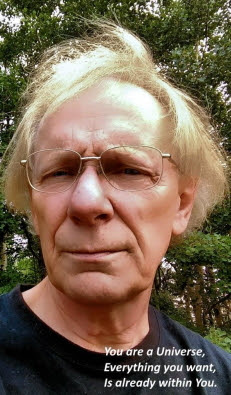Some use it to encompass all non-heterosexual, non-cisgender identities. That’s an understandable use of the term – like I mentioned, I interpret it to be partially about giving space for exploring gender and sexuality, and including so many different groups of people demands that space, demands a challenge to stability. Certainly a wide variety of non-heterosexual, non-cisgender folks are queer.
But though queer might cover some part of that spectrum, it is not limited to it. I am not gay nor lesbian nor bisexual nor transgender. I am not anything other than just queer.
There are people who some of you might call straight, if you looked at them and their partners and impose genders onto them, but who are actually queer. And many gay, lesbian, and transgender individuals do not identify as queer.
Like plenty of the names marginalized people call themselves, queer has a fraught history of reclamation, many controversial political implications, and a universalizing aspect that is too contradictory for some.
Source: 3 Differences Between the Terms 'Gay' and 'Queer' — and Why It Matters - Everyday Feminism
Adrian Ballou is a Contributing Writer for Everyday Feminism. A genderqueer writer, artist, activist, and educator who does youth development work both inside and outside the classroom, they particularly enjoy writing and facilitating social justice education and youth organizing curriculum.
